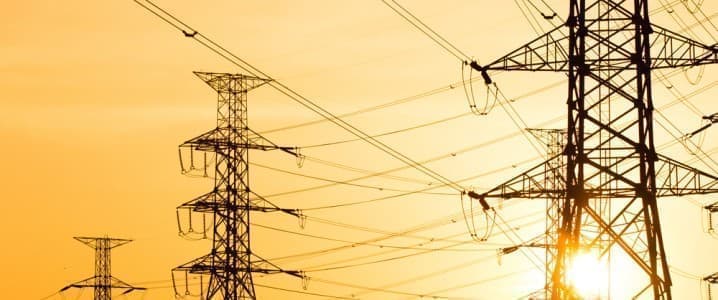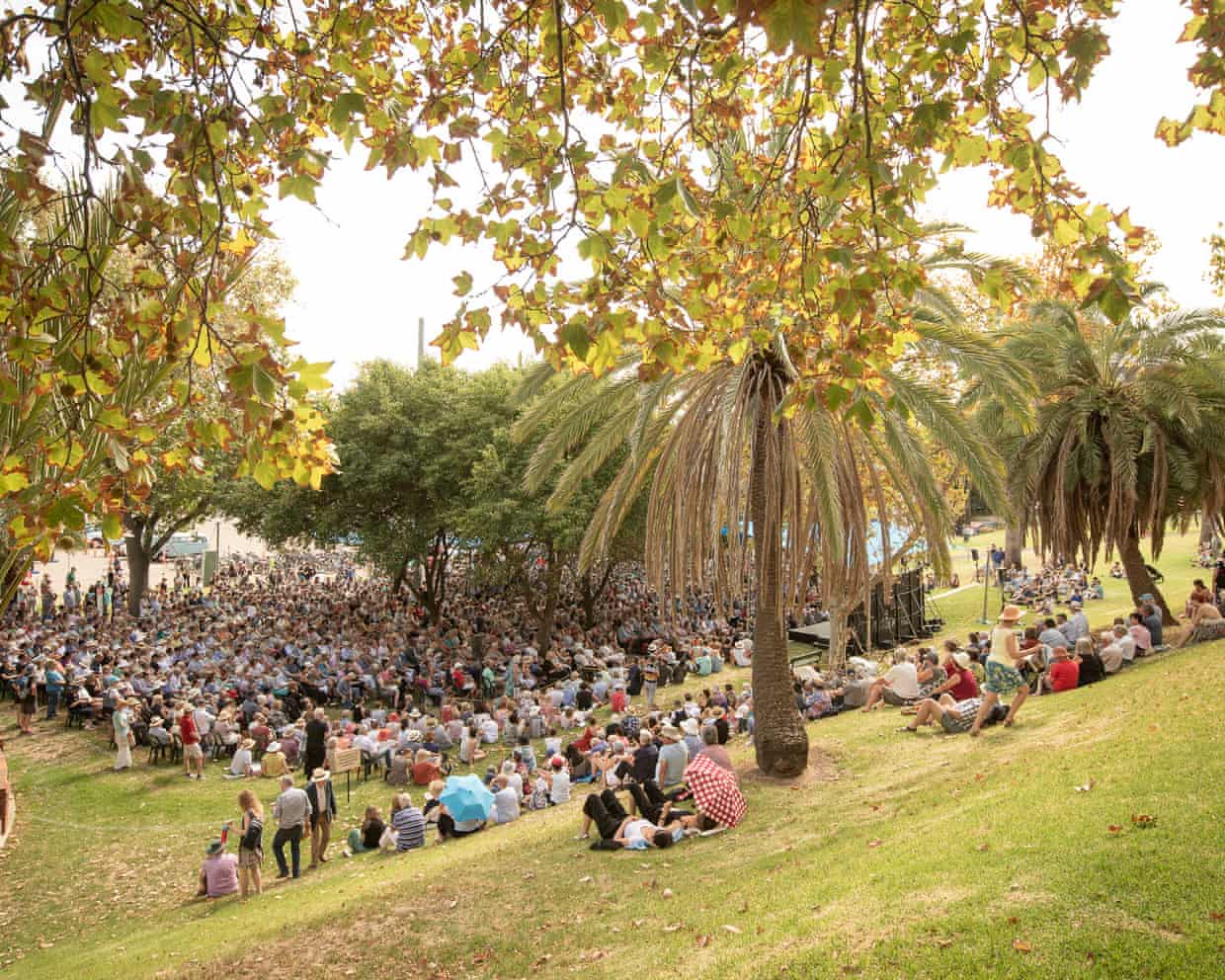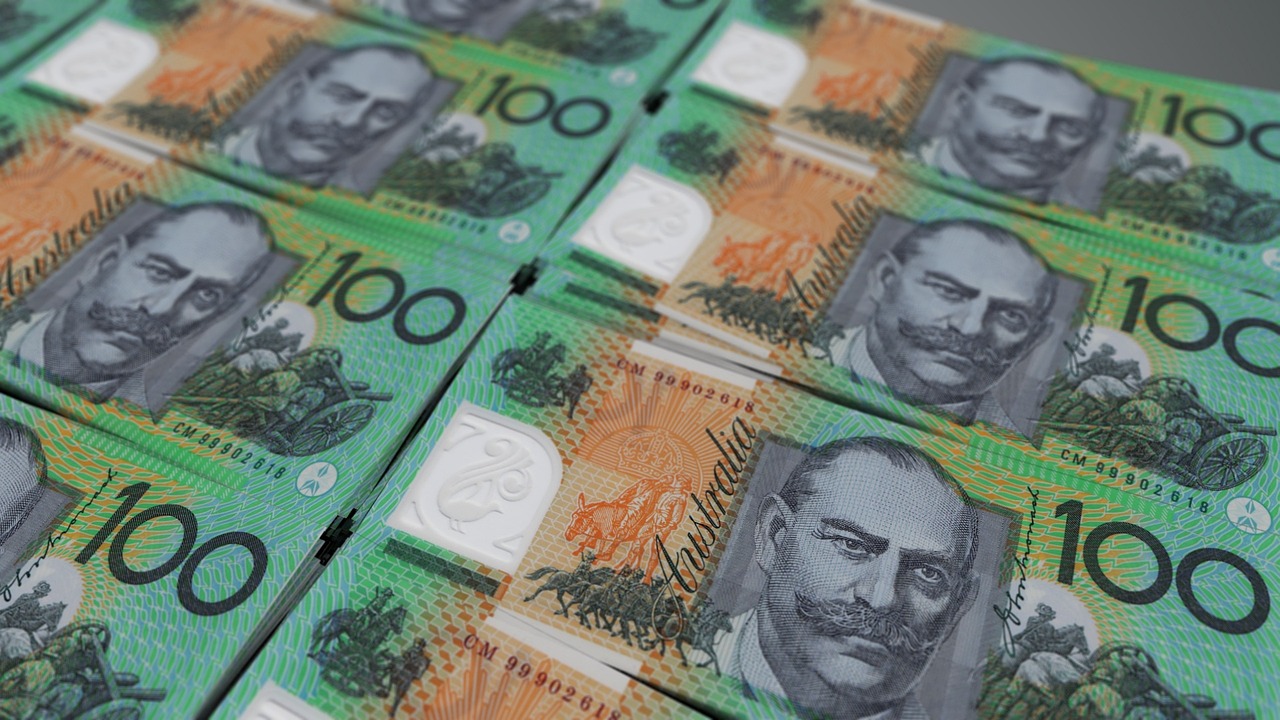
Azerbaijan is undertaking a significant overhaul of its domestic heating and electricity market, aiming to expand the share of renewable energy while implementing market liberalization measures. This initiative is set to provoke considerable public discontent as a series of laws adopted by the country’s parliament pave the way for tariff reforms in the energy sector. The changes, particularly regarding usage rates, are being made with limited public engagement, raising concerns about transparency and accountability.
The authoritarian government of Azerbaijan maintains tight control over political discourse, meaning there are no public hearings or media discussions regarding these critical issues. This lack of public dialogue fosters a sense of apathy among citizens, many of whom feel disconnected from government decision-making processes. This disconnection often leads to poorly informed policy choices by officials. As a result, the energy market reform initiative risks becoming yet another missed opportunity to enhance the quality of life for all Azerbaijanis.
Azerbaijan’s Tariff Council, chaired by the economy minister, has the authority to set all prices for electricity, gas, heating, and fuel. In practice, this means that a small group of officials, including deputy ministers from various departments, determines domestic energy rates in closed sessions. In more politically open societies, public engagement can serve as a powerful mechanism for holding officials accountable and creating better policies.
Demand for electricity in Azerbaijan slowed to just 1 percent growth in 2023, down from over 4 percent the previous year. This decline follows a significant increase in energy rates announced by the Tariff Council in October 2021. During that announcement, residential gas prices rose from 10 to 12 gapiks per cubic meter, and electricity tariffs also increased sharply across various usage brackets. Officials justified these hikes by citing rising global energy prices, a rationale that has come under scrutiny.
In January 2025, the Tariff Council approved another round of price increases, described by state media as “slight.” However, many citizens perceive these adjustments as significant. The increases, ranging from 5 percent to 15 percent depending on usage, are expected to elevate the average household electricity tariff by approximately 7.8 percent. Once again, officials pointed to rising gas costs as the reason for these increases, despite Azerbaijan’s status as a self-sufficient natural gas producer that also exports to the European Union, Turkey, and Georgia.
In June 2023, the Azerbaijani parliament approved a regulation that introduces a fixed monthly fee for natural gas usage, requiring consumers to pay a base rate even if they do not consume any gas. This regulation is set to be gradually implemented from 2026 to 2028, impacting homeowners with vacant properties who will be obligated to pay fees without actual gas usage.
Opposition member Tofig Yaqublu, currently imprisoned and one of the government’s most vocal critics, has publicly challenged the economic justification for recent price hikes. He argues that the underlying reason for these increases is corruption rather than legitimate economic factors. In contrast, countries with active civic participation have shown that public protests and input can lead to more effective policies. For instance, in Turkey, widespread backlash against a 50 percent increase in electricity and natural gas tariffs in 2022 prompted the government to reconsider its approach, resulting in subsidies for low-income households.
International comparisons also raise questions about Azerbaijan’s energy pricing strategy. According to price surveys from the first quarter of 2025, Azerbaijan’s residential electricity price is approximately $0.05 per kWh, lower than neighboring countries such as Georgia ($0.068), Turkey ($0.066), and Russia ($0.062). In stark contrast, Iranian households benefit from heavy government subsidies that result in negligible energy costs ($0.003 per kWh). This discrepancy prompts contemplation on why Azerbaijan, as a producer and exporter of oil and gas, does not offer lower electricity and heating rates.
Despite seemingly moderate absolute prices, the trend of repeated increases places additional financial strain on families, particularly during challenging economic times. Setting lower heating and electricity rates could improve the quality of life for citizens and foster goodwill toward the government. Instead, the current trajectory of policy decisions risks further alienating citizens from their government.
As Azerbaijan navigates these reforms, the lack of public input and engagement could lead to further dissatisfaction among the populace, ultimately undermining the goals of the energy market overhaul.






